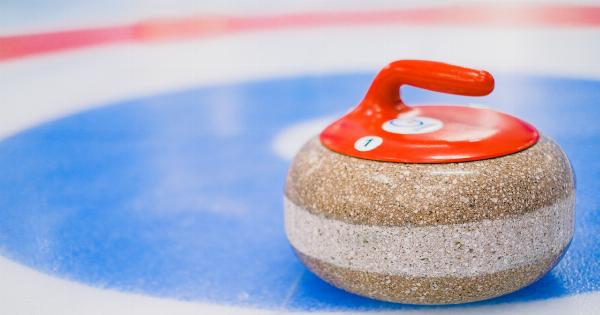Winter is a time of year when many people love to go outside and engage in winter sports or just enjoy the beauty of a sparkling, snowy world. But, as beautiful and refreshing as winter can be, it can also bring some serious health challenges.
The most severe of these challenges is hypothermia, where your body temperature drops too low, and it can be fatal if not treated promptly. In this article, we will explore hypothermia, its causes, symptoms, and treatments.
What is Hypothermia?
Hypothermia is a medical condition where the temperature of your body drops below the normal range, which is around 98.6°F (37°C). When the temperature drops, the body’s metabolism slows down, and it can’t function correctly.
In extreme cases, hypothermia can lead to unconsciousness, cardiac arrest, and even death.
What Causes Hypothermia?
Hypothermia is caused when your body loses more heat than it can produce. Some common causes of hypothermia include:.
- Exposure to cold weather for too long
- Staying in water that is too cold for too long
- Becoming wet due to rain, snow, or sweat
- Wearing clothes that are not warm enough, wet clothing, or clothes that are damp from sweat
- Mild hypothermia can happen to anyone exposed to cold temperatures, but some people are more at risk, including:
- Elderly people
- Babies and young children
- People who are malnourished
- People who are dehydrated
- People who are under the influence of drugs or alcohol
Symptoms of Hypothermia
Hypothermia has several levels, and the symptoms can differ depending on the severity of the condition. Some common symptoms of hypothermia include:.
- Shivering
- Muscle stiffness
- Slurred speech or mumbling
- Slow, shallow breathing
- Weak pulse
- Decreased coordination
- Confusion or memory loss
- Loss of consciousness
If you or someone you know experiences any of the above symptoms, seek medical attention immediately.
Preventing Hypothermia
Preventing hypothermia is essential, especially when the temperature drops below freezing. Here are some tips that can help:.
- Dress appropriately for the weather. Make sure to wear warm clothing, including a hat, gloves, and a scarf.
- Stay dry. Moisture can make you lose body heat faster, so it’s essential to stay dry in cold weather.
- Stay active. Try to move around to generate body heat and keep the blood flowing.
- Stay hydrated. Drinking plenty of fluids will help your body stay warm.
- Avoid alcohol and drugs. Alcohol and drugs can impair your judgment, and they can also affect your body’s ability to regulate its temperature.
Treating Hypothermia
Treating hypothermia should be done by a medical professional, but there are some things you can do to help until help arrives:.
- Seek shelter immediately and get out of the cold.
- Remove any wet clothing.
- Wrap the person in warm blankets or use body heat to warm them up.
- Offer warm, non-alcoholic, non-caffeinated beverages if the person is conscious.
- Take measures to prevent further heat loss, such as insulating the person from the ground.
Conclusion
Hypothermia is a serious medical condition that can be fatal if not treated quickly. It can happen to anyone in extreme cold temperatures, and it’s essential to recognize the symptoms and take preventive measures to avoid it.
If you or someone you know experiences symptoms, seek medical attention immediately. Remember, prevention is key, so dress appropriately, stay dry, and stay active even when it’s cold outside.































